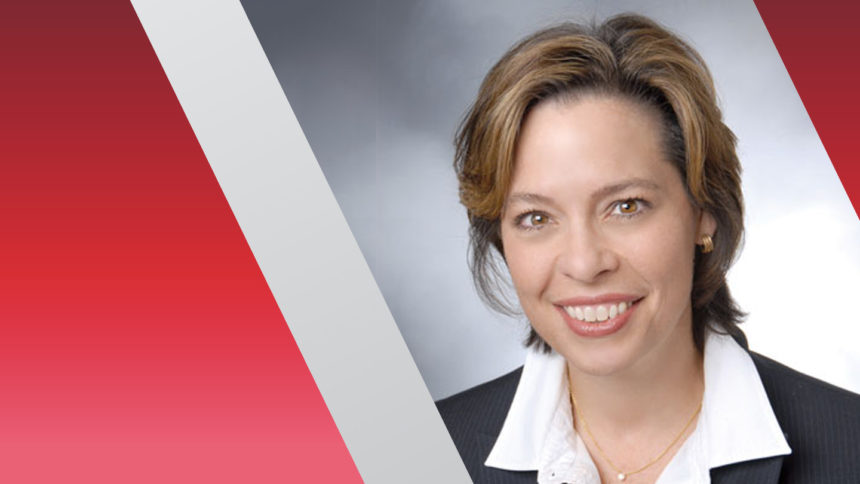
A proposed pay increase for nursing home operators may be one of the best in recent memory, but it won’t adequately prepare the sector for implementation of the federal staffing mandate, one of the sector’s leading legislative experts warned Wednesday.
Cynthia Morton, executive vice president of the advocacy group known as ADVION, called the 4.1% skilled nursing pay hike proposed by the Centers for Medicare & Medicaid Services “probably the best payment update … that we’ve had in a very long time.”
Last year, CMS issued a 4% raise, which could have been higher if the agency hadn’t continued a clawback of unexpected, across-the-board costs associated with the switch to the Patient Driven Payment Model. That final 4% was a 0.3% increase over the originally proposed 2024 pay rate, which many experts at the time attributed to persistent inflation.
Morton noted on a webinar discussing the SNF sector’s current regulatory landscape that providers could still get another small increase before the 2025 prospective pay rule is finalized later this year. Even so, that would need to be taken with a grain of salt, she believes.
“I’m saying this is pleasing, but by no means will this even come close to covering what it’s going to cost to ramp up for the nurse staffing requirements,” she explained. “It’s not going to help enough, in reality, with what’s coming in future years. … And you can’t wait until 2026 or 2027 to do all that hiring. You have to put so many plans in place now because where are you going to find these people to hire?”
Industry estimates have put the cost of complying with the staffing mandate at about $6.5 billion annually; a 4.1% raise would bring the sector $1.3 billion in new revenue in fiscal year 2025, before deducting 2% for the value based payment program.
Morton encouraged providers to comment on the pay rule before the formal comment period closes Tuesday.
During the event, which was sponsored by Simple LTC, she also covered details of the minimum staffing rule, including possible ways that Congress might work to prevent hiring requirements from coming into play.
The first element of the finalized rule — an updated facility assessment by every nursing home in the country that incorporates new patient needs and staffing considerations — is due in August. While a fix might not come before then, Morton encouraged providers to stay tuned for advocacy opportunities closer to year’s end.
It’s then, especially in the lame duck session between Election Day and Dec. 31, that she sees the greatest potential for legislative fixes for a number of issues facing skilled nursing providers. A year-end omnibus health bill could take up language from bills calling for the staffing rule’s blockage, extend or make permanent existing telehealth extensions, or begin to address physician payment issues that have impacted therapists and other clinicians who work in nursing homes.




